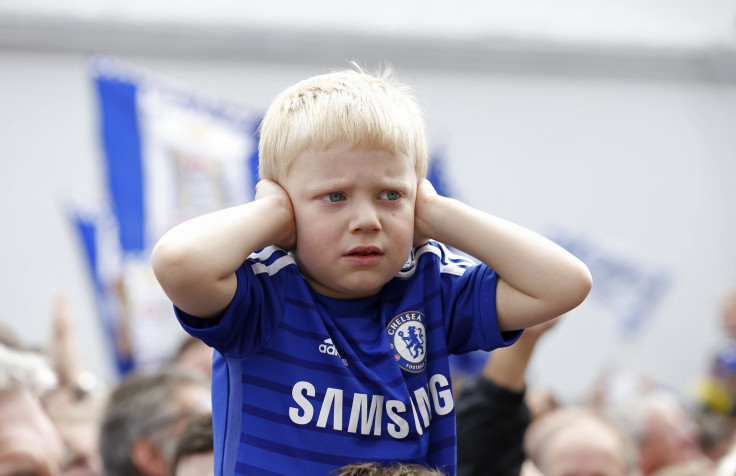Personalized Bi-Sensory Stimulation Shows Promise In Treating Tinnitus, Study Shows
Doctors have made a breakthrough in tinnitus treatment that they believe will help millions of people suffering from this condition.
Tinnitus is described as a ringing or sensing a constant hissing sound in the ears. There may be varying triggers for the condition or, in simpler words, it can predict many underlying conditions such as acute hearing loss, hearing impairment, injuries to the cervical vertebrae, or an acoustic shock. Factors like stress, anxiety, and physical distress can also lead to the condition that can affect people from almost all age ranges.
The occurrence of tinnitus becomes more prevalent as individuals age, with 10% of adults between 18 and 44 years old reporting it, while 14% of adults aged 45 to 64 and 24% of individuals aged 65 and older experiencing this condition, as per USA Today.
Researchers now believe that people suffering from the severe effects of tinnitus can find relief. The study led by Susan Shore, Ph.D. Professor Emerita in Michigan Medicine's Department of Otolaryngology and U-M's Departments of Physiology and Biomedical Engineering, indicated that by understanding how the brain deals with information from different senses, researchers can create personalized stimulation to help treat tinnitus.
The findings were published in JAMA Network Open.
The study followed a specific scientific method called a double-blind, randomized clinical trial. It involved 99 participants, who had somatic tinnitus--a type of tinnitus where certain movements like clenching the jaw or applying pressure to the forehead cause a noticeable change in the pitch or loudness of the perceived sounds.
"After enrollment, participants received a portable device developed and manufactured by in2being, LLC, for in-home use," said Shore, according to Science Blog. "The devices were programmed to present each participant's personal tinnitus spectrum, which was combined with electrical stimulation to form a bi-sensory stimulus, while maintaining participant and study team blinding."
The participants were split into two groups by chance. The first group received a treatment that involved using multiple senses initially, while the second group received a treatment that focused solely on sound as a comparison.
For the first six weeks, the participants were told to use the devices for 30 minutes every day. After that, they took a six-week break from using the devices regularly. Finally, they underwent another six weeks of treatment that was different from what they had at the beginning of the study.
Every week, the participants answered questions on surveys called the Tinnitus Functional Index and Tinnitus Handicap Inventory. These surveys helped them understand how tinnitus affected their lives. At the same time, the researchers also measured the loudness of their tinnitus.
The team discovered that when participants received the treatment involving multiple senses, they consistently reported better quality of life, lower handicap scores, and noticeable decreases in the loudness of tinnitus. However, these positive effects were not observed when participants received treatment focusing only on sound.
Furthermore, more than 60% of participants reported significant improvements in their tinnitus symptoms after the six weeks of active treatment, but not during the control treatment. This supports an earlier study conducted by Shore's team, which showed that the longer participants received the active treatment, the more their tinnitus symptoms decreased.
"This study paves the way for the use of personalized, bi-sensory stimulation as an effective treatment for tinnitus, providing hope for millions of tinnitus sufferers," Shore said, according to DevDiscourse.

Published by Medicaldaily.com



























